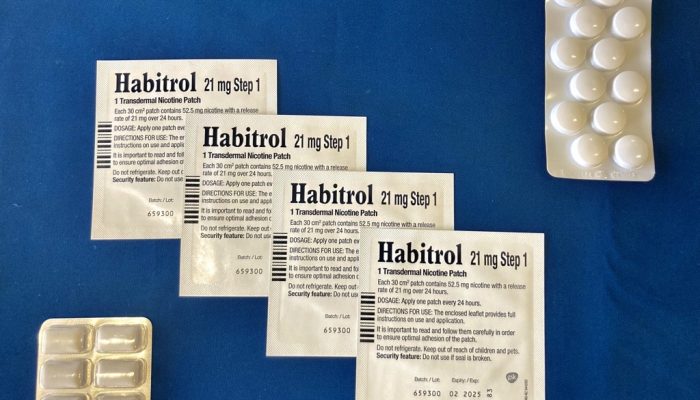Very hot weather can make people sick, even healthy adults. Older adults, those who are pregnant, infants and young children, people experiencing homelessness, and people with pre-existing health conditions are at higher risk.
- If you see someone on the street who may need help, call the Homeless Outreach Hotline at 215-232-1984.
- If you think someone is having a medical emergency, call 911. Our city’s hospitals are ready to accept patients who need help.
Here are five things you can do to help everyone stay safe this summer.
1. Check on your elderly neighbors and relatives, from a distance.
People aged 65 years or older are less likely to sense and respond to changes in temperature or feel thirsty until they’re already dehydrated. Because they may not realize that they are in danger, it’s important for family, friends or neighbors to check in and make sure that they are staying cool and hydrated.
Exchange phone numbers with them so you can check in regularly or make a plan to stop by frequently. If they have any questions about heat, they can call the Philadelphia Corporation for Aging’s Helpline at 215-765-9040.
2. Monitor infants and young children (under age 4).
Children are sensitive to the effects of extreme heat and rely on their caregivers to make sure that they stay cool and hydrated.
3. Call your healthcare provider.
Ask them how specific chronic conditions and medications may affect you or your loved ones during extreme heat events. For example:
- People with diabetes get dehydrated more quickly. Not drinking enough liquid can raise blood sugar, and high blood sugar can make you urinate more, causing dehydration. High temperatures can change how your body uses insulin. People with diabetes may need to test their blood sugar more often and adjust their insulin dose and what they eat and drink.
- People with heart disease may be more susceptible to heat stroke. Some medicines commonly used to treat high blood pressure, like diuretics (“water pills”), can worsen dehydration
- People with respiratory disease may be affected by air quality. High temperatures can impact air quality and can make respiratory conditions like asthma worse. Check the air quality in Philadelphia each day and plan activities accordingly.
4. Get tips on how to stay cool.
A big part of preventing heat-related illness is making sure you and your loved ones know how to stay cool. Check out our blog with tips and tricks on how to stay cool during the hot summer months.
5. Sign up for free ReadyPhiladelphia weather updates.
The Office of Emergency Management shares information about heat and severe weather through free email and text alerts via the City’s mass notification system, ReadyPhiladelphia. Sign up for updates.




